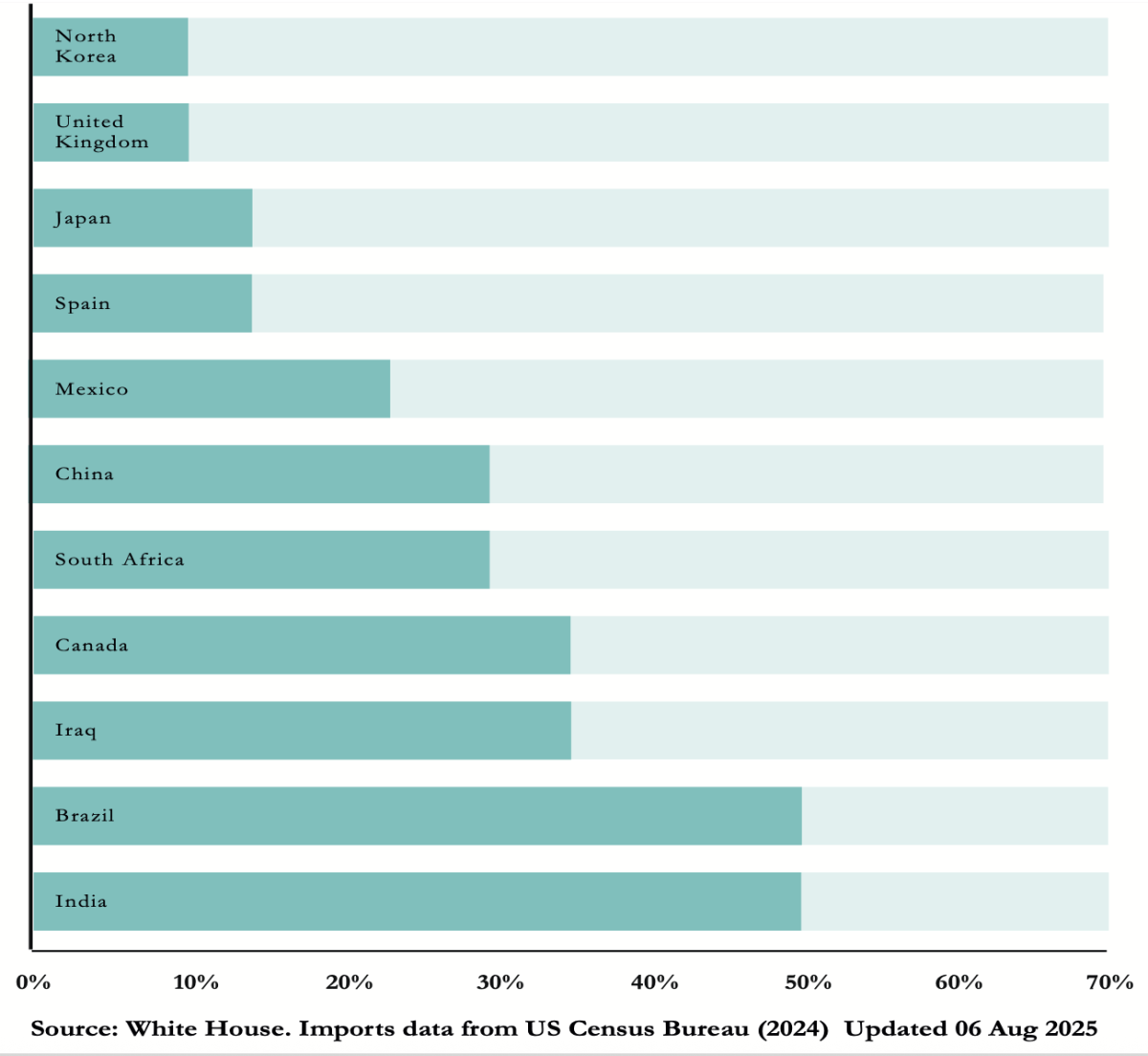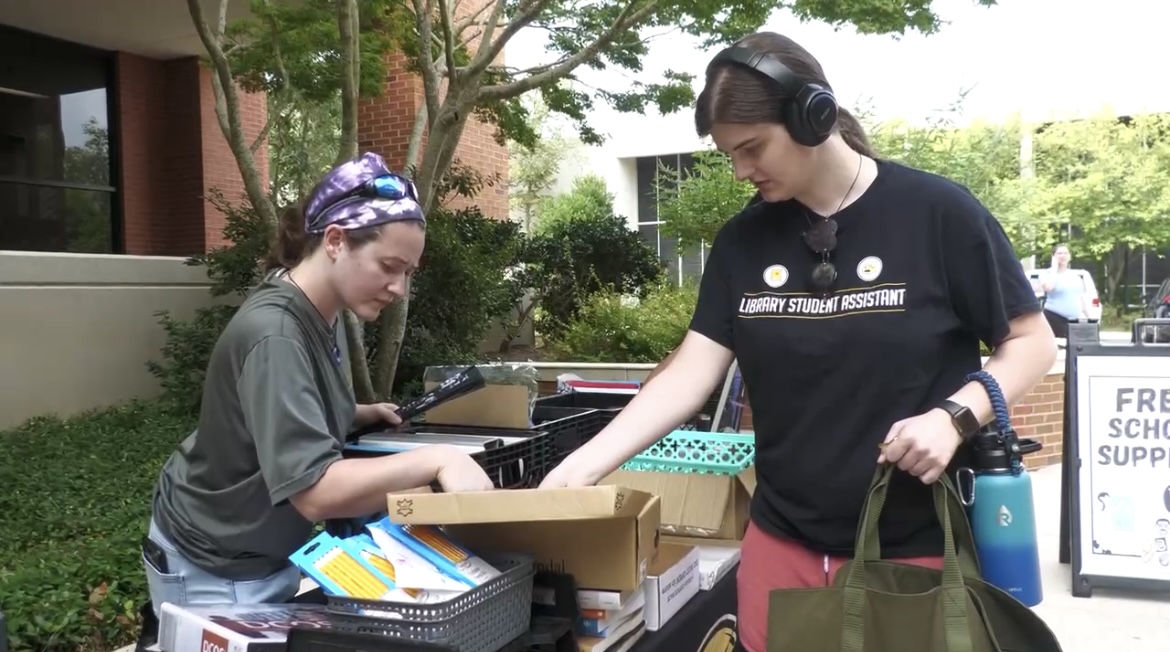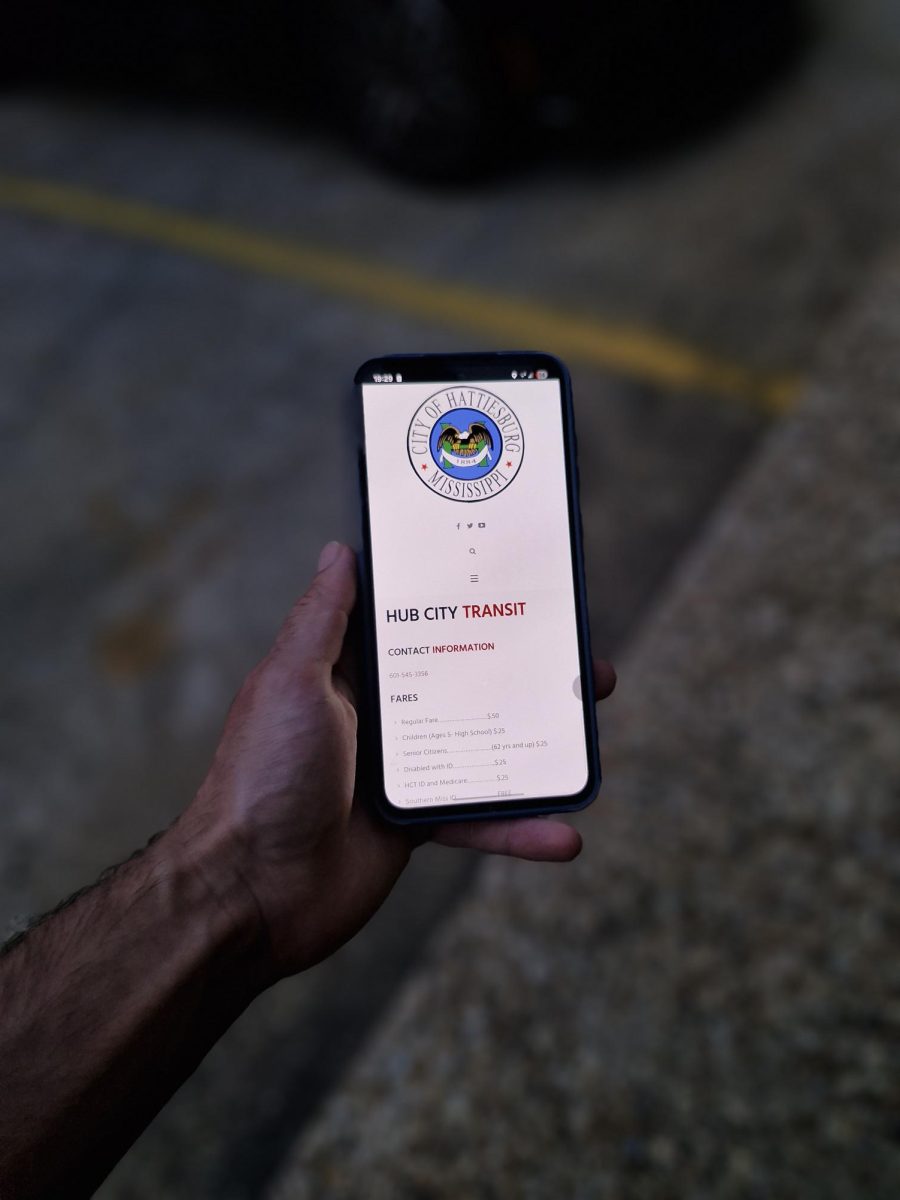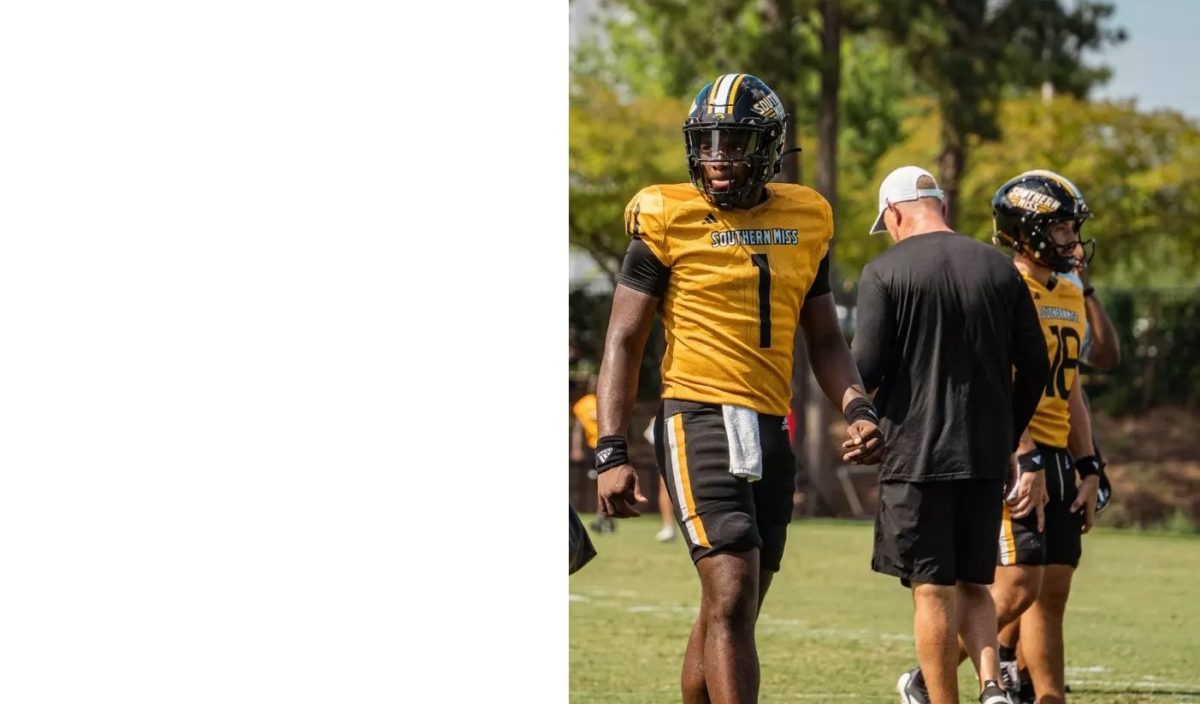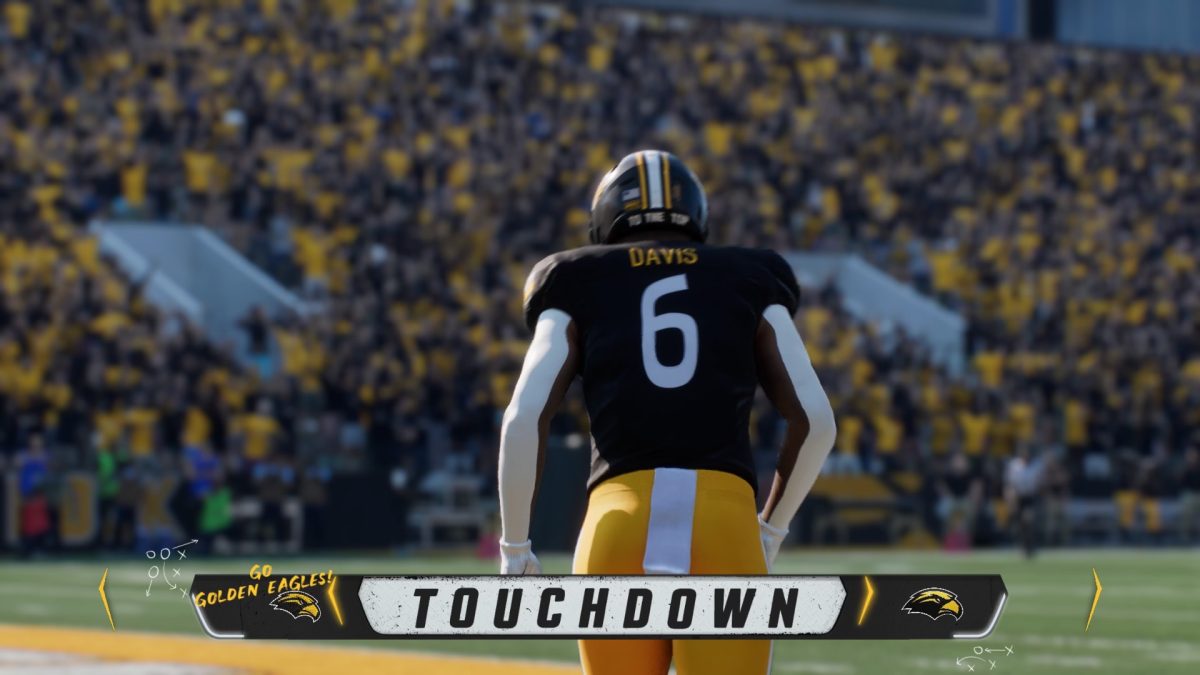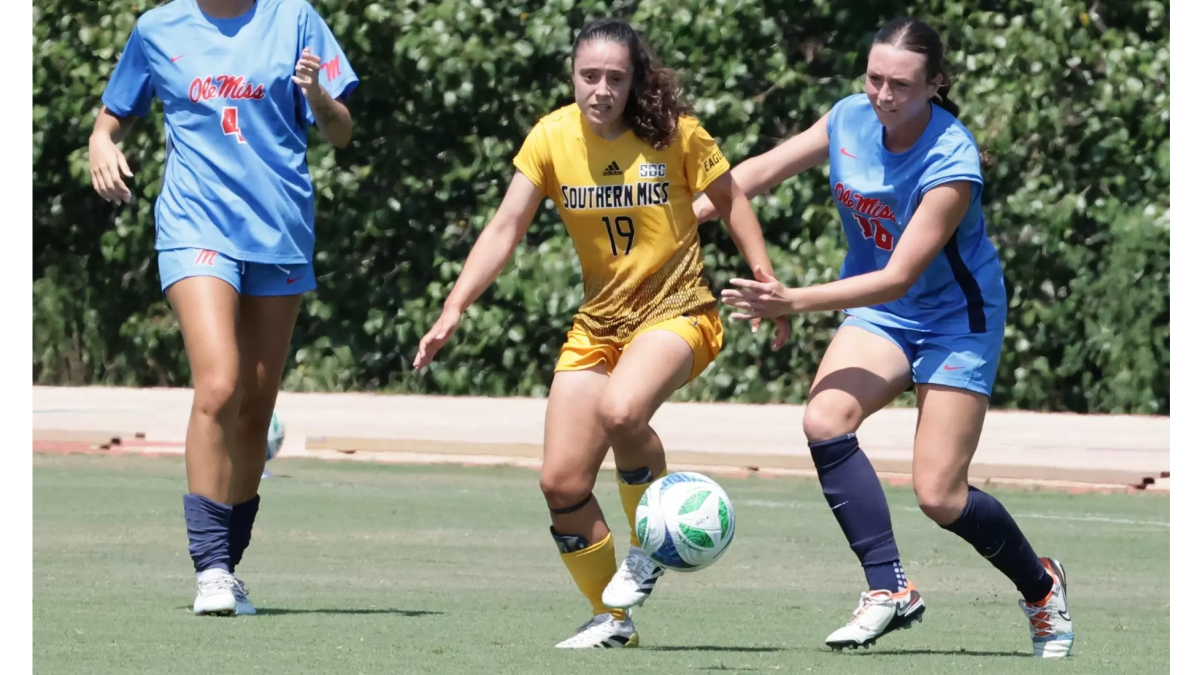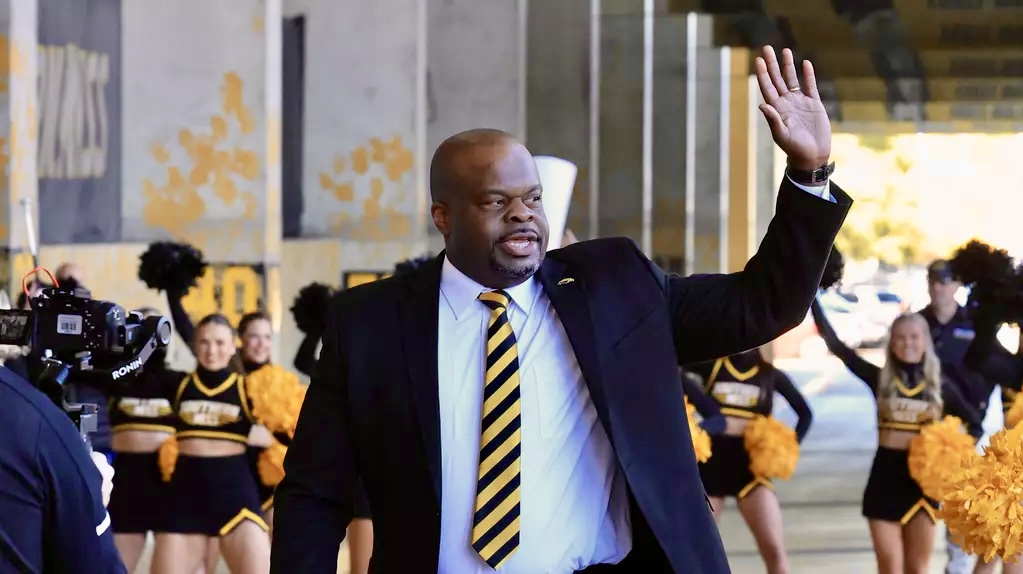A Mississippi representative recently authored and introduced a bill to the legislature that he hopes would make it easier for public school teachers to express and foster discussion regarding beliefs that conflict with a number of scientific subjects, including evolution and climate change.
House Bill 50, introduced by Rep. Mark Formby, R-Picayune, was referred to the House education committee on Feb. 8.
Section 1. (b) of the bill states that school systems “shall endeavor to create an environment within public K-12 schools that encourages students to explore scientific questions, learn about scientific evidence, develop critical thinking skills and respond appropriately and respectfully to differences of opinion about scientific subjects required to be taught under the curriculum framework developed by the State Board of Education.”
The following section adds that “teachers shall be permitted to help students understand, analyze, critique and review in an objective manner the scientific strengths and scientific weaknesses of existing scientific theories covered in the course being taught…”
The bill specifically cites issues that “may cause debate and disputation, including, but not limited to: biological evolution, the chemical origins of life, global warming and human cloning.”
While the language of the bill may initially read innocent, Rep. Formby unabashedly revealed his true intentions while speaking with The Clarion Ledger earlier this month, stating that he “just [doesn’t] want [his] teachers punished in any form or fashion for bringing creationism into the debate. Lots of us believe in creationism.”
“If a teacher believes in global warming, she should be able to say ‘I believe in global warming,’ then if she believes the Earth was created by a Supreme Being, that maybe there are other theories than the big bang theory where there was nothing, then nothing exploded and created something,” Formby told the Ledger.
The debate surrounding the content of science education is not a new one, nor is it one anyone should be surprised to see in this part of the country. Just in the last eight years, the Southeast has seen two states successfully pass similar legislation that seeks to creatively pave a way for public school teachers to introduce creationism and subjective opposition to the aforementioned divisive topics into their classrooms, despite the Supreme Court’s 1987 decision to forbid the teaching of creationism in science classes. Save for some formatting liberties, HB 50 is word-for-word identical to Tennessee House Bill 368, passed in 2012.
Many advocates of bills like these would claim no agenda, that they aren’t trying to push creationism or climate change denial. Most would probably say that they only wish to encourage critical thinking and healthy debate, two things that are undeniable foundations of a true education. However, I think its clear that Rep. Formby’s words are a true representation of his constituency, and of anyone else who would support this kind of legislation.
I don’t think I could say it better than Zack Kopplin, who was a student in Louisiana when a similar bill was passed. “You don’t need a law to teach critical thinking. That’s what science is. You need a law to teach creationism.”
That’s what science is. The nature of scientific inquiry, investigation and discovery hangs its hat on nothing apart from critical thinking and endless questions, and it is by these avenues that Darwin, Miller and Urey, Bill Nye the Science Guy and anything other scientist worth their salt have ever arrived at a single conclusion.
According to Pew Research, 98 percent of American Scientists are on board with the currently held theory of evolution. NASA reports that 97 percent of climate scientists agree that climate-warming trends are occurring, and that they are largely due to human impact.
The “divisive” issue of evolution is a theory, yes, but science professionals use that word in a unique and selective way that others often misconstrue. Scientific American defines a scientific theory as “an explanation of some aspect of the natural world that has been substantiated through repeated experiments or testing.” The topics continuing to be addressed by this breed of legislation are grounded in overwhelming amounts of objective evidence, experimentation and data. They will never stop being tested and questioned, Rep. Formby can rest assured in that.
These issues are exactly what belong in a science classroom. Alternatives related in any way to religion or any other non-scientific tradition are not, while they certainly have their place elsewhere. History, philosophy, ethics, or religion classrooms are all obviously appropriate environments for discussions involving the conflict between scientific issues and cultural tradition or perception. This will always be an important discussion to have. However, nothing that isn’t wholly founded on observation and testable, falsifiable predictions has any place in a science curriculum.
The Supreme Court knew that 29 years ago, and despite religious and ideological affiliation, I think the people of Mississippi are capable of understanding it too.


